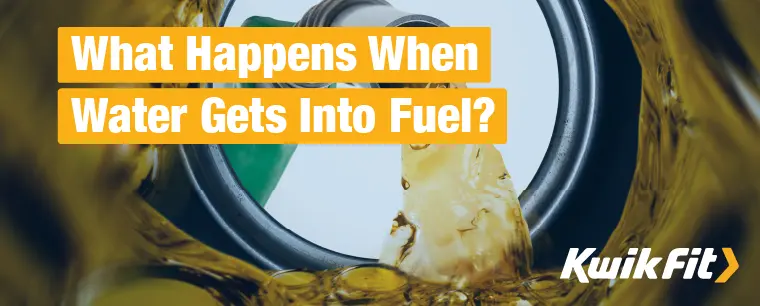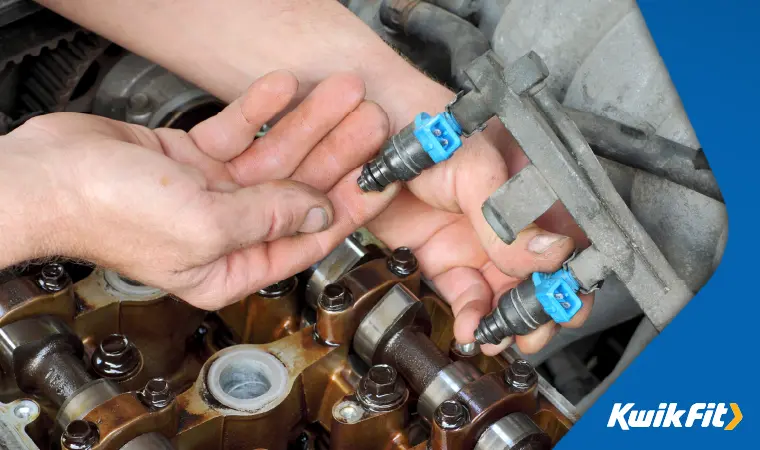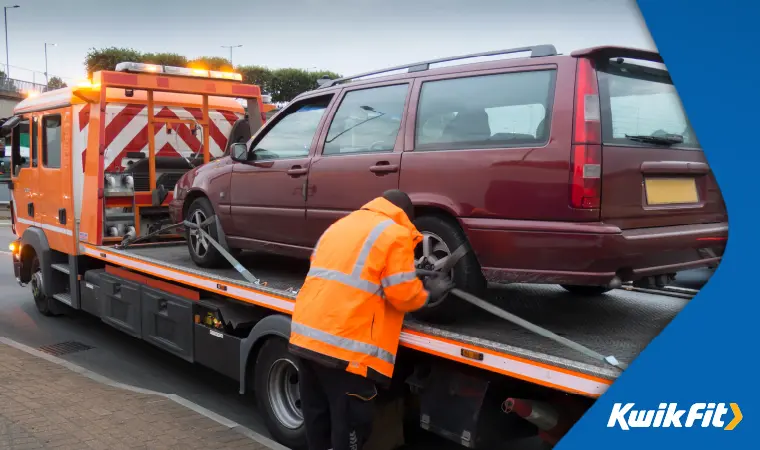What Happens When Water Gets Into Fuel?
Jack Dreyer | Thursday 11th May 2023 9:00am

If youíve recently filled up your car at a fuel station and are getting sudden losses of power while driving, then you could have water in your fuel tank.
Fuel & combustion engines, especially with modern forms of petrol, are surprisingly sensitive to changes. Diesel engines tend to be more resilient to small amounts of water in the tank Ė but this can lead to the formation of diesel sludge, which itself can be a problem. For petrol engines, this sensitivity comes from how precisely machined and how fine-tuned modern engines have become.
A small amount of water is actually normal in most fuel tanks Ė most petrol has a small amount of water dissolved into it (usually less than 0.5%) and amounts this small donít really cause any issues. However, youíll get serious problems with larger volumes of water. This can happen at the fuel pump if the stationís accidentally let water into the storage tanks, but it happens more often when drivers forget to put their fuel cap back on when refuelling in rainy weather.
Letís look at why this causes problems, why, and what you can do about it.
Fuel injectors are really precise

The big problem with water in fuel tanks is that the fuel system of an engine and, in particular, the fuel injectors have to be incredibly precise. An engine has to have specific amounts of fuel injected into the engine cylinders in order to combust at the right level.
Too little fuel means the engine canít supply the correct amount of power, and too much fuel risks flooding the engine or otherwise breaking parts through having too much combustible material.
As such, fuel injectors have to have precise nozzles in order to control the amount of fuel added.
Water canít be compressed & steam doesnít expand properly
The way that engine cylinders work is that the fuel is injected into the cylinder, combusted, and the combustion then pushes the piston back upwards to turn the crankshaft and continue the process. But when water is injected into the cylinder, it may be vapourised but wonít expand properly and canít be re-compressed.
This can then cause the pistons to fight against each other and cause a sudden jolting and loss of power in the engine.
Water in the lines can break parts

A jolting engine is disconcerting, and certainly needs to be addressed, but isnít anywhere near as bad as having water in the lines during particularly hot or cold conditions.
As water freezes, it expands and is liable to split fuel lines or rigid elements like injectors. If thereís a significant amount of water present throughout the fuel and engine system, freezing weather can cause huge problems, causing cracks and splits throughout the system. In these cases, youíre likely to need a complete engine replacement.
Itís crucial, therefore, to make sure any water in the system is quickly taken care of.
How to remove water from the fuel tank
Older metal tanks, ubiquitous in cars until the early 1990s, had a drain plug to let you fully drain the tank if there ever needed to be welding repairs or if you ever needed to drain sludge out. But modern cars now all have plastic fuel tanks. This means you never have to worry about rust buildup, but it also means that you canít simply drain the tank if you get water in it.
Instead, youíre best off taking it to a garage and having a professional technician drain the tank using a syphon pump. Be mindful, though, of how much water is likely to be in the tank. Like with misfuelling the car, you may need to organise recovery so that the fuel pump doesnít pull all the water further into the engine system.
Book a free assessment at your local Kwik Fit centre
When it comes to engine work, trust the experts at your local Kwik Fit centre to keep your car in top condition.
Any facts, figures and prices shown in our blog articles are correct at time of publication.
Featured Articles
Is it Illegal to Drive With One Headlight?
Saturday 19th July 2025
Wondering if itís illegal to drive with one headlight? Learn about the safety risks and penalties of illegal blown bulbs and why you should fix them promptly.
Air Con in EVs & Hybrids: Experts Answer Your Questions
Monday 30th June 2025
Does air con drain EV batteries? Can you use the air con while charging an electric car? Find out the answers to these questions & more from Kwik Fitís experts.
Why Is Your Car Making a Noise? Fixes & Tips
Friday 13th June 2025
When your car starts making unexpected noises, it can certainly be quite disconcerting; it may be nothing to worry about, but hereís what you need to know.









